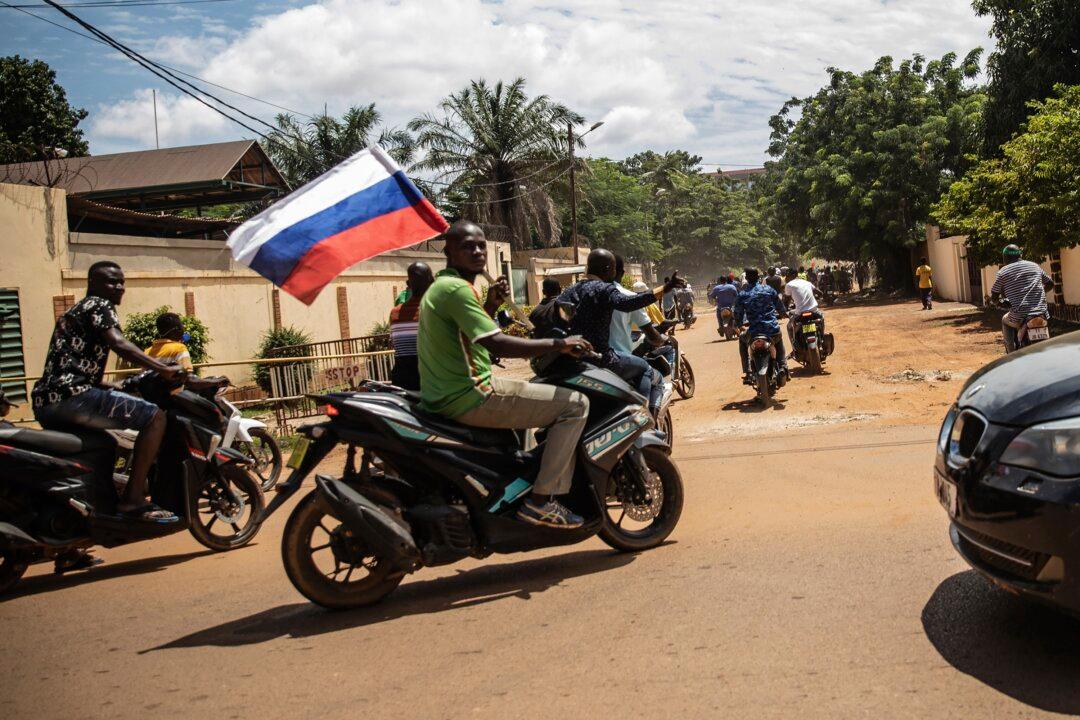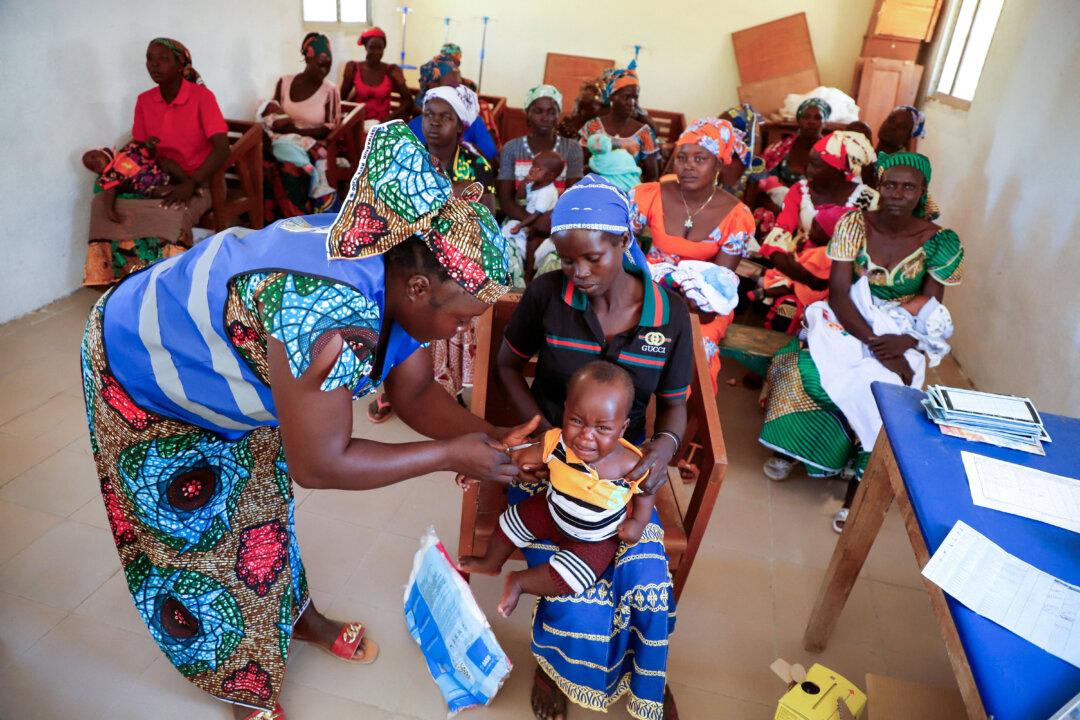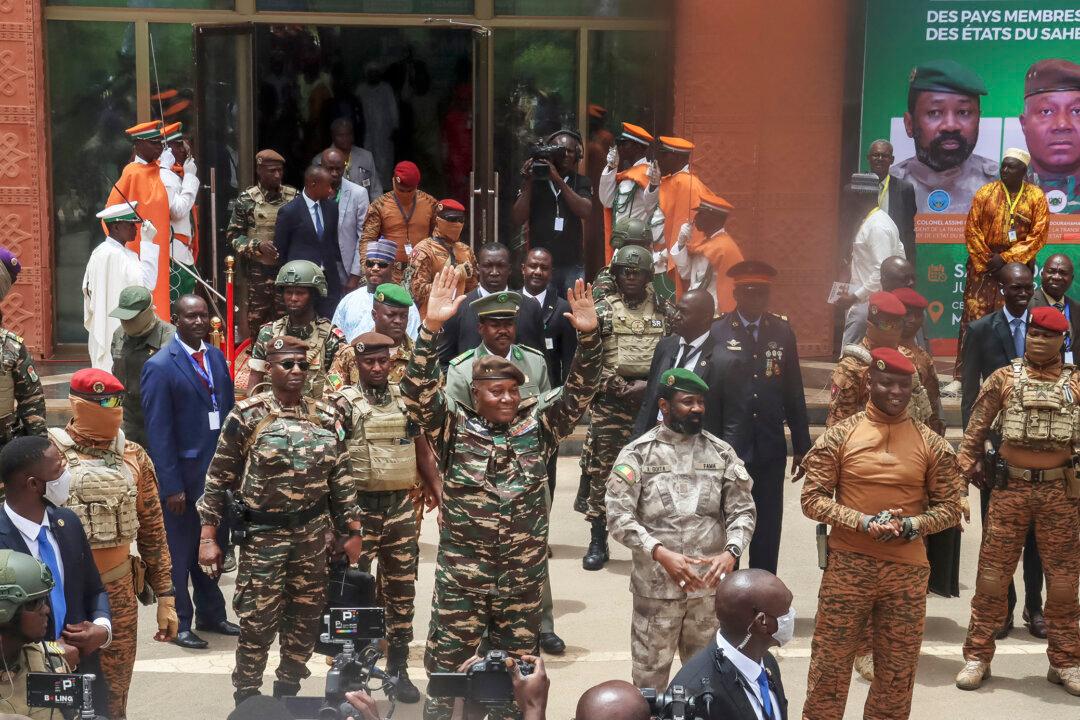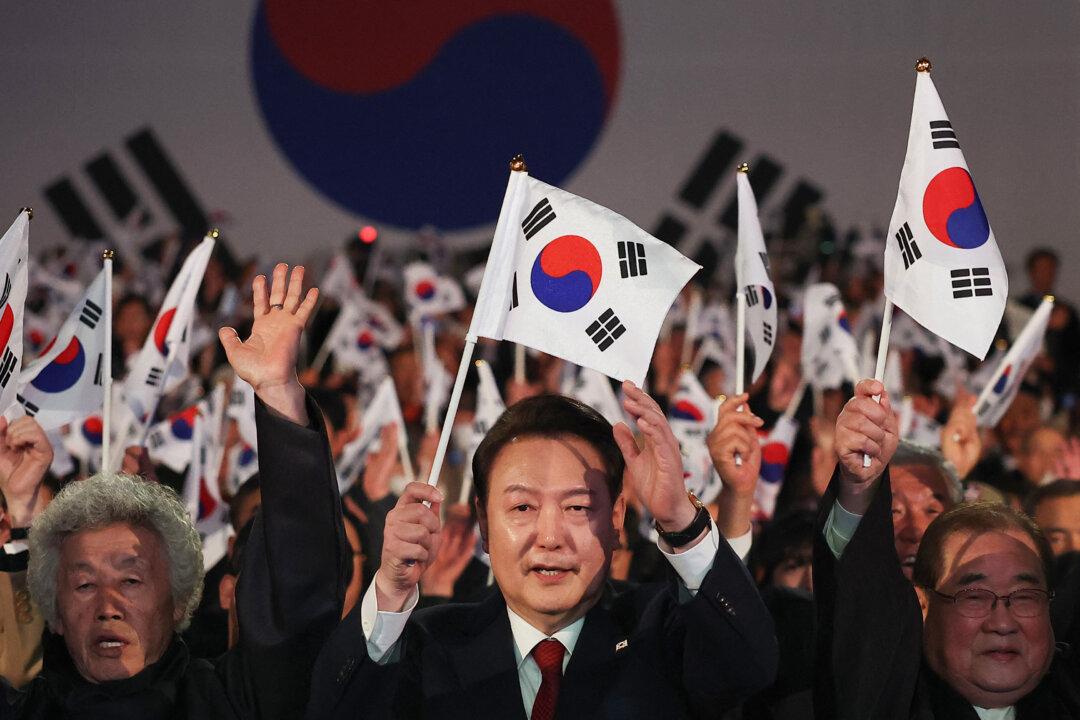YAOUNDE, CAMEROON—The stage has now been set for the disintegration of the French-backed G5 Sahel regional force set up to tackle jihadism and other challenges in West Africa.
The two remaining members of the alliance–Chad and Mauritania–said on Dec. 6 that they were paving the way for the dissolution of the anti-jihadist grouping after the other three founding countries left.





